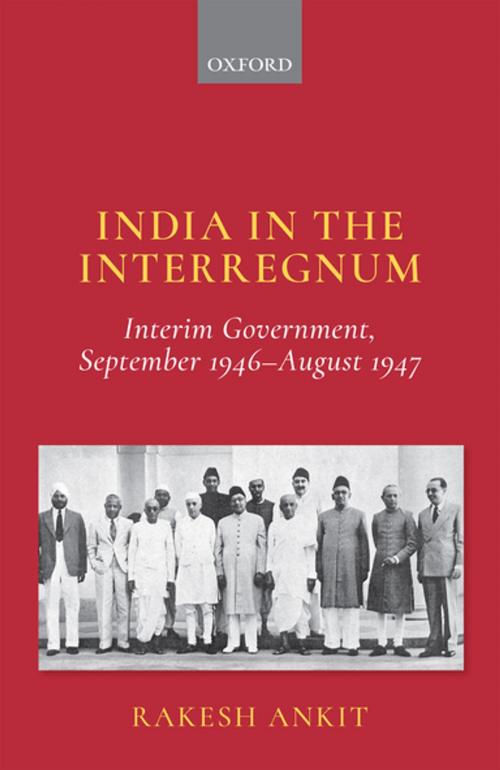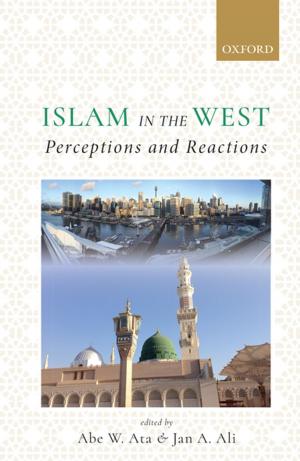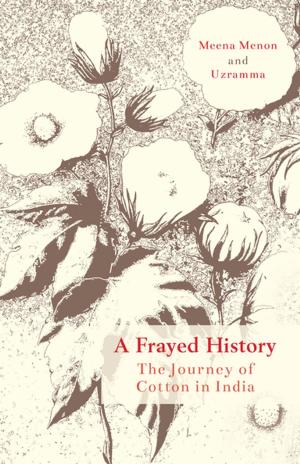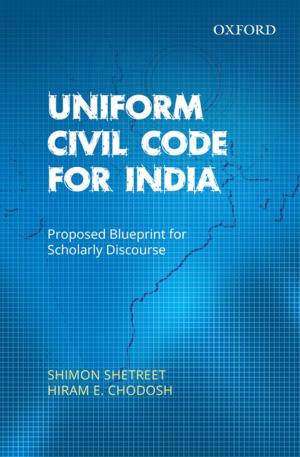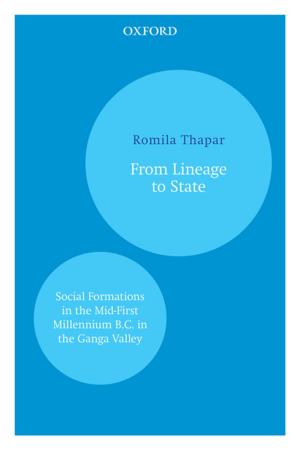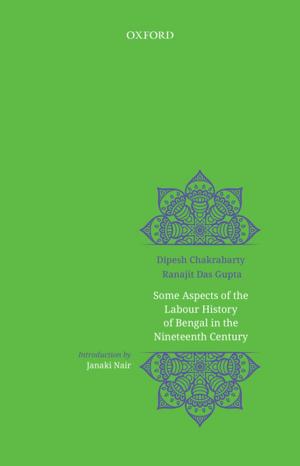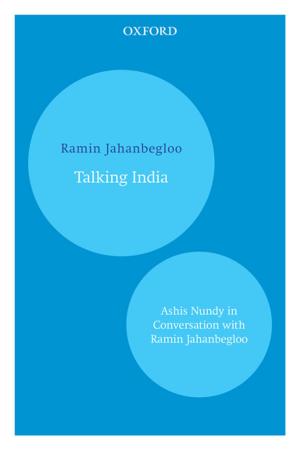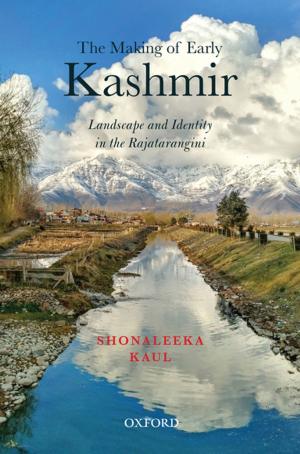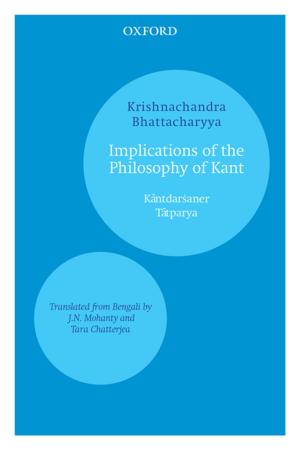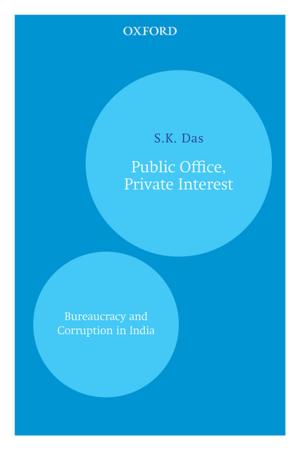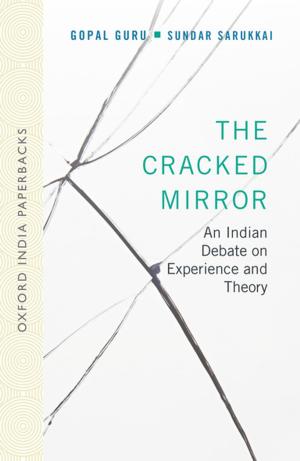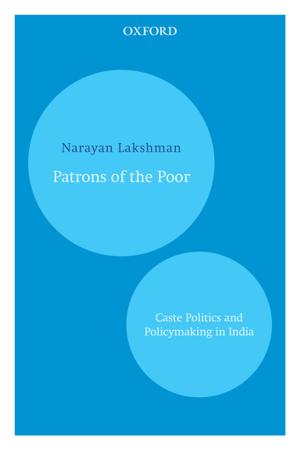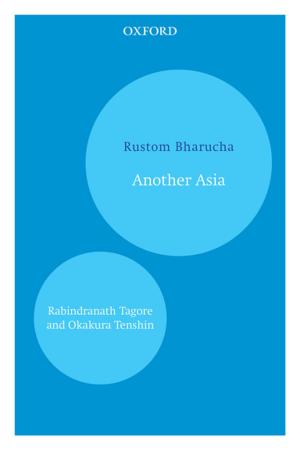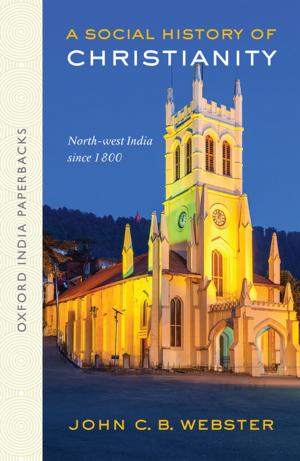India and the Interregnum
Interim Government, September 1946–August 1947
Nonfiction, History, Asian, India, Social & Cultural Studies, Political Science| Author: | Rakesh Ankit | ISBN: | 9780199095605 |
| Publisher: | OUP India | Publication: | December 13, 2018 |
| Imprint: | OUP India | Language: | English |
| Author: | Rakesh Ankit |
| ISBN: | 9780199095605 |
| Publisher: | OUP India |
| Publication: | December 13, 2018 |
| Imprint: | OUP India |
| Language: | English |
India’s interim government, in office from 2 September 1946 till August 1947, was a unique coalition of the Indian National Congress, All-India Muslim League, and non-Congress and non-League political figures—all presiding over a British/British-trained state apparatus during a period of political transition. These eleven months were packed as much with the events surrounding the formal exit of the empire as its informal continuance; as much with the anticipation of Partition as its alternatives. Though it stands at a juncture of India as a colony and a dominion, it has been overlooked by colonial and postcolonial historiography of that interval, given its sole identification with Partition/Independence. India in the Interregnum moves beneath and beyond this understanding in order to, first, restore identity to the interim government—and its provincial counterparts—and investigate their work, and, second, recover the legacy of the interim government in the formation of contemporary India.
India’s interim government, in office from 2 September 1946 till August 1947, was a unique coalition of the Indian National Congress, All-India Muslim League, and non-Congress and non-League political figures—all presiding over a British/British-trained state apparatus during a period of political transition. These eleven months were packed as much with the events surrounding the formal exit of the empire as its informal continuance; as much with the anticipation of Partition as its alternatives. Though it stands at a juncture of India as a colony and a dominion, it has been overlooked by colonial and postcolonial historiography of that interval, given its sole identification with Partition/Independence. India in the Interregnum moves beneath and beyond this understanding in order to, first, restore identity to the interim government—and its provincial counterparts—and investigate their work, and, second, recover the legacy of the interim government in the formation of contemporary India.
